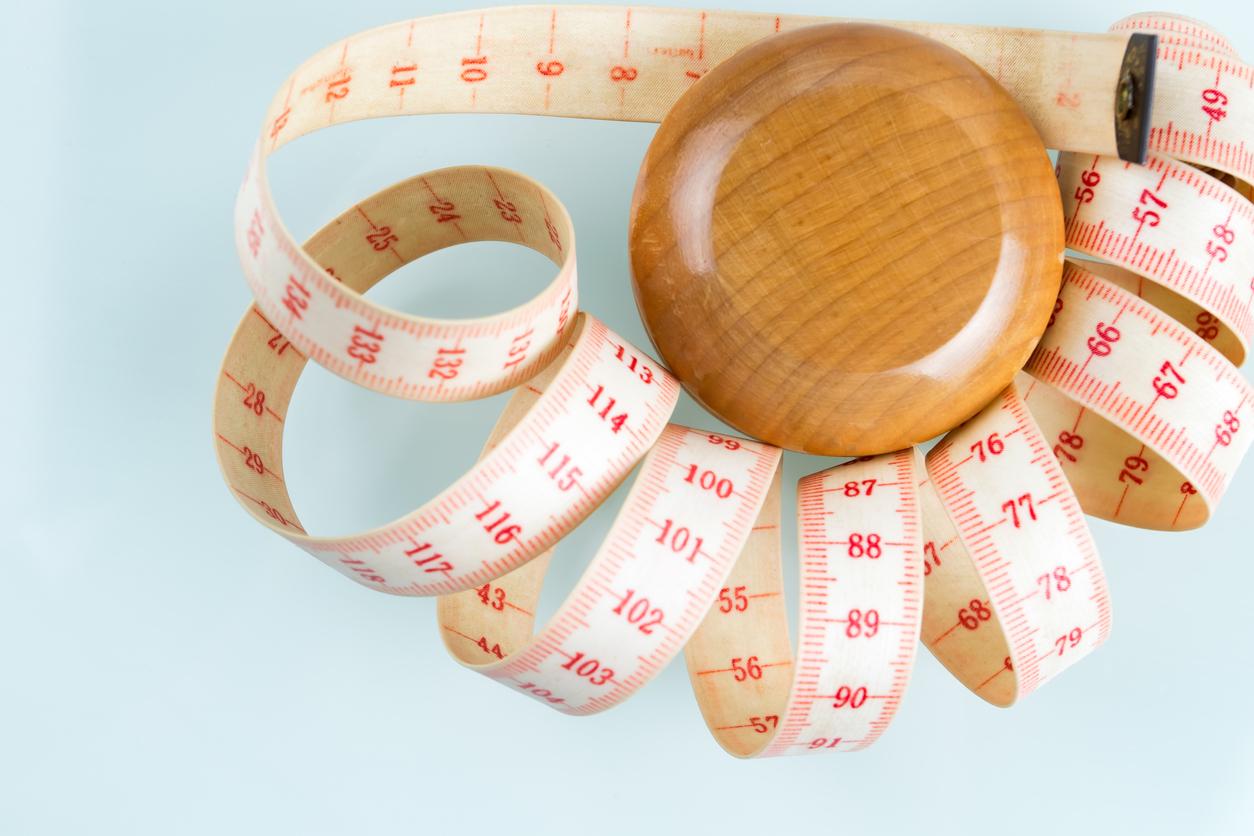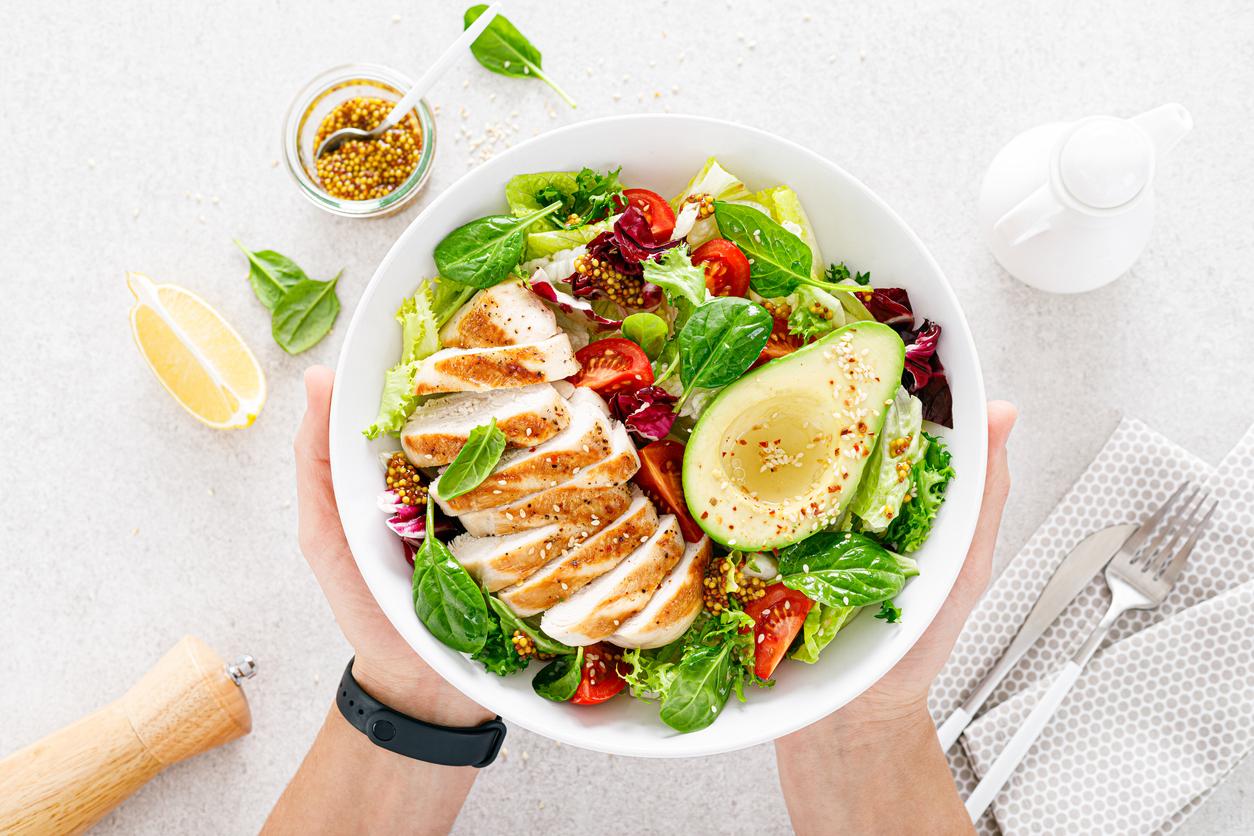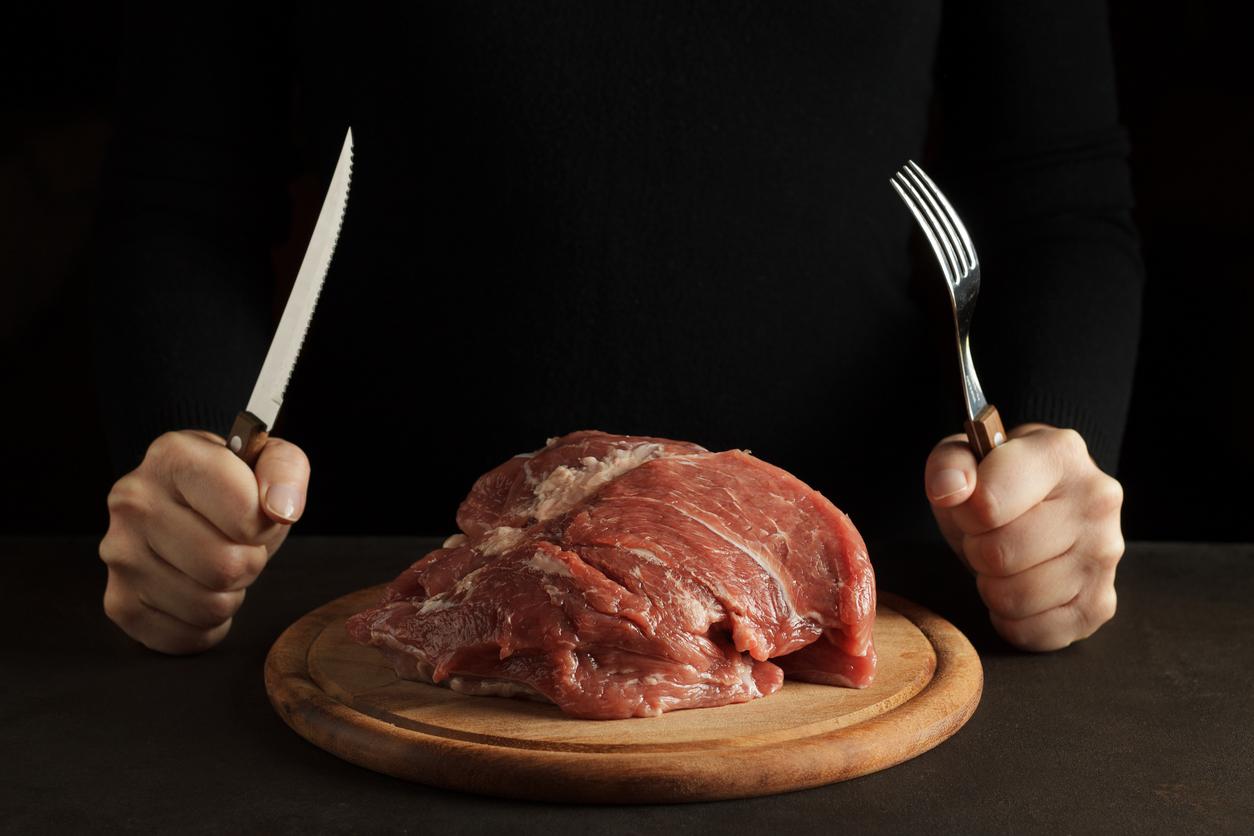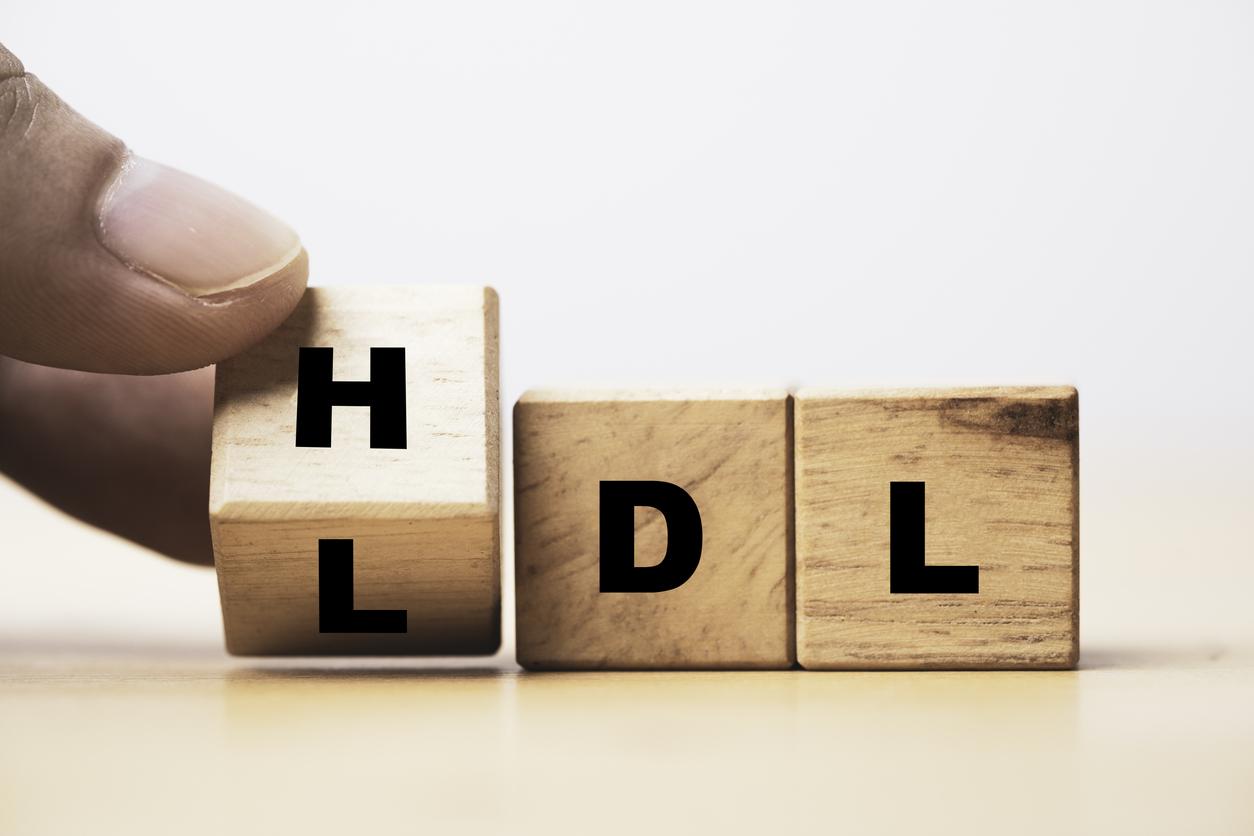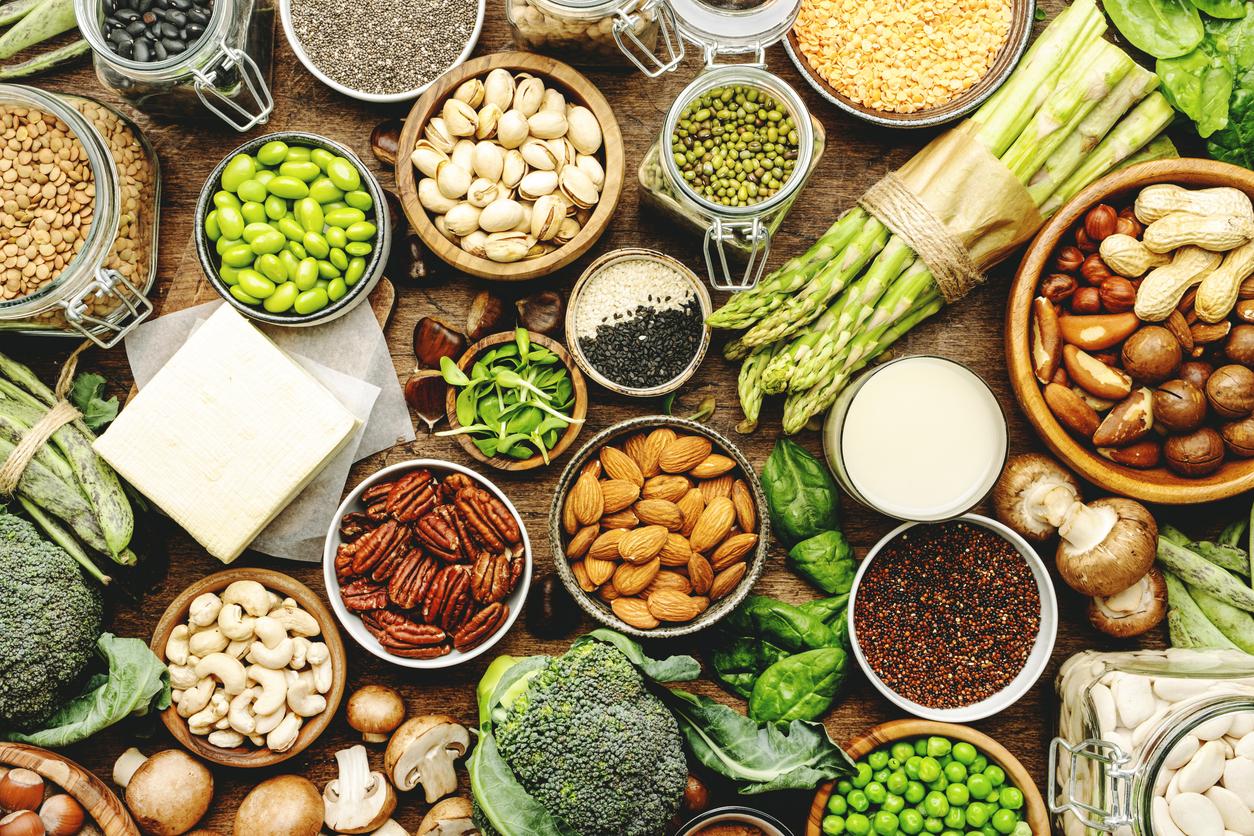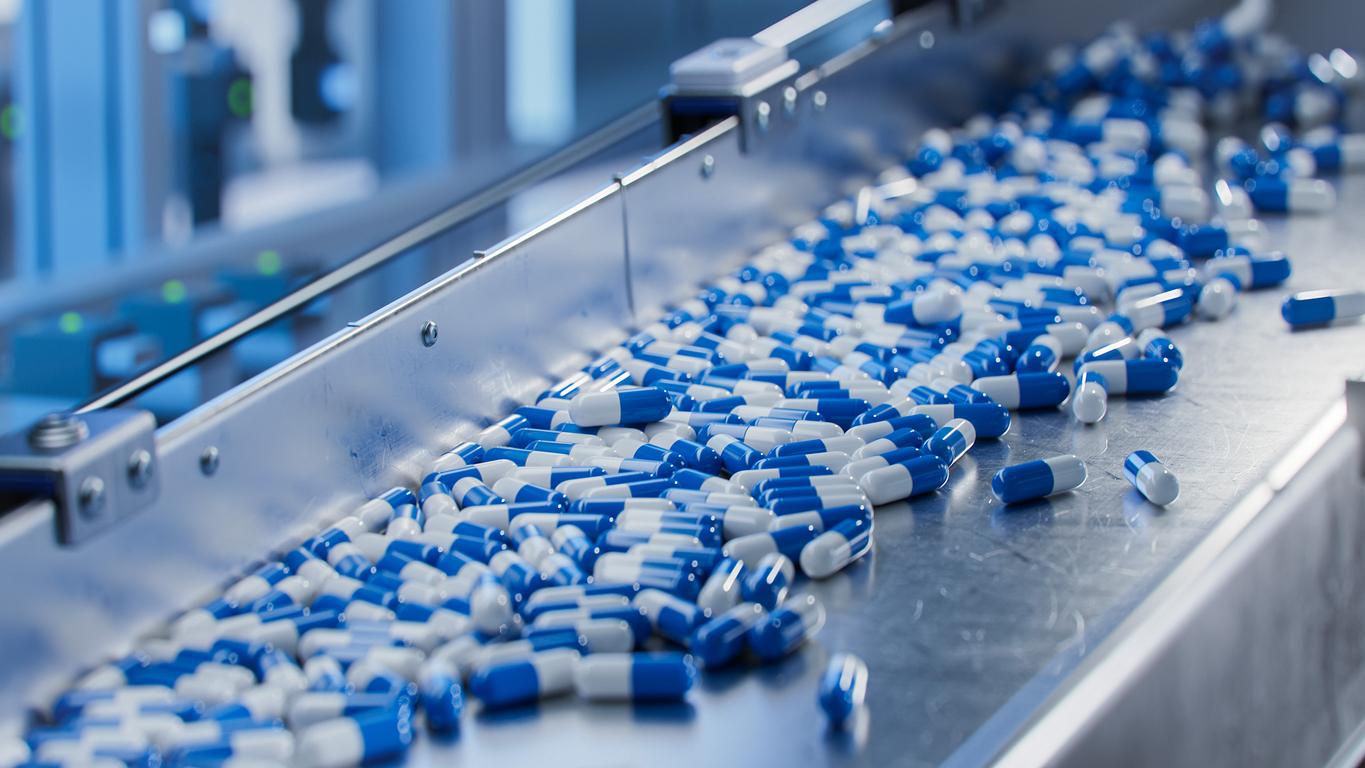The North Karelia project in Finland has amply demonstrated this. In the early 1970s, the inhabitants of this region consumed very few vegetables andvegetal oils, and a lot of salt. By reversing these parameters, after twenty-five years, the average cholesterol level of the population had fallen by 17% and coronary mortality had fallen by 73% in men under 65 years of age. A Canadian study, published by “The Journal of the American Medical Association” in 2011, for its part, followed for six months to a cohort of patients the diet known as Portfolio (including in particular soy, barley, nuts, peas, beans and lentils). Result: their rate of cholesterol immediately fell 13%. If there is one point on which scientists are unanimous, it is this one: anti-cholesterol treatment must always start with a better diet. “Its impact is often underestimated, confirms Jean-Michel Lecerf. However, we can lower its rate by 10 to 30% simply by eating better. “The health authorities also remind you regularly: anti-cholesterol drugs should be prescribed only if, after three months, this dietary effort is not enough to bring the cholesterol level back to normal. An instruction that, unfortunately, the doctor / patient couple respects at best half of the time …
Cholesterol-lowering foods
It is important to increase the share of fibers especially soluble (vegetables, fruits, oats, barley) which limit the assimilation of sugars and fats, and thus help to lower cholesterol. For this, we must eat wholemeal bread and increase the share of fruits and vegetables. “Twenty years ago, a study showed that the apple exerted a natural anti-cholesterol effect,” recalls Véronique Liégois. No doubt because it is rich in pectin, just like the carrot. “
Antioxidants are also essential allies, because it is the oxidized lipids that are deposited on the walls of the arteries. To limit the progression of atherosclerosis, it is advisable to think more often of legumes (lentils, beans, dried beans, soybeans) and, once again, to program without restriction fruits and vegetables that fight against free radicals. “Soy lecithin can help lower cholesterol (in granules in dietetic departments), as can red yeast rice, which has shown a real effect (sold in capsules)”, adds Véronique Liégeois.









